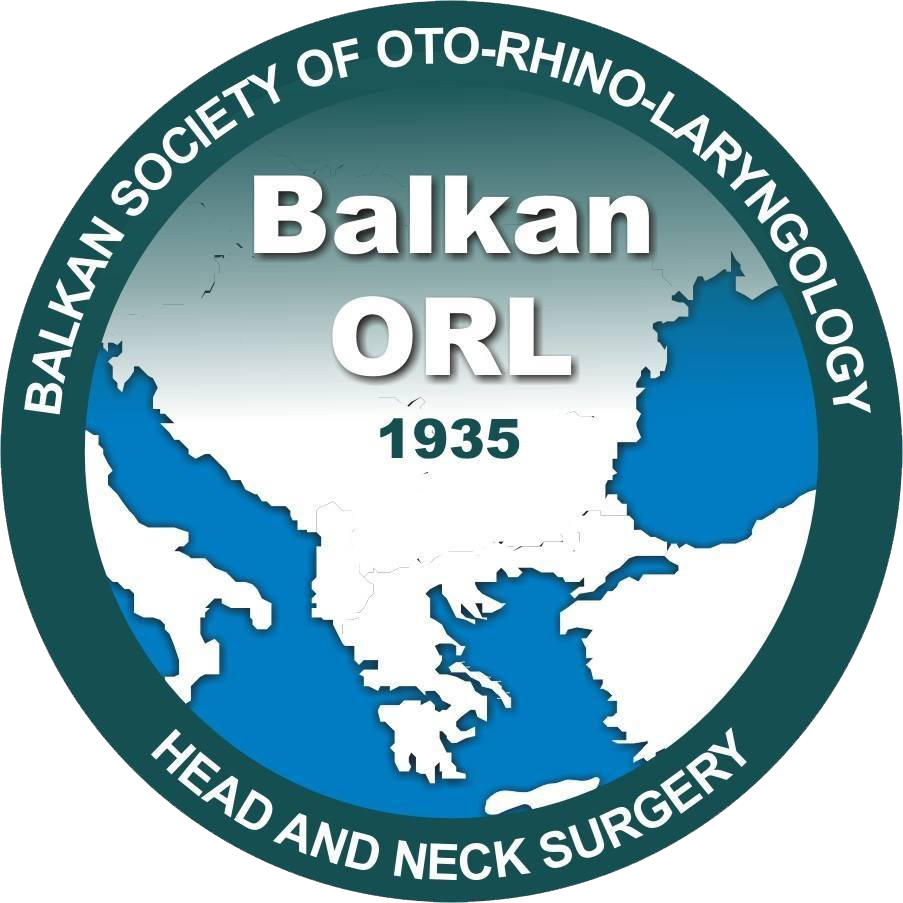Background: Most of the patients diagnosed with head and neck cancer experience swallow disorders after surgery. Most patients already experience reduced food intake before the surgery. The purpose of this study was to identify whether patients experience a decrease in their nutritional status post-surgery and if nutritional support given early after surgery could improve their nutritional status.
Methods: We present a retrospective 2-year study (between January 2020 and August 2022) with 50 patients operated on for advanced stages of cancer, placed in 3 groups determined by the site of the tumor: oral cavity and oropharynx, hypopharynx, and larynx. Patients were screened using the NRS (nutrition risk screening) 2002. Blood albumin and total proteins, glycemia, inflammatory markers, body mass index and weight loss were used to determine the nutritional status of the patients.
Results: Post-surgery patients with total laryngectomies had better albumin levels, lower systemic inflammation, and weight loss that did not exceed 10% of their initial weight, whereas the majority of patients with oral and oropharyngeal cancer (almost 85%) had albumin levels lower than normal before surgery and the percentage rose to 100 after surgery, they had higher inflammatory factors levels, greater weight loss, and lower body mass index. Patients with hypopharyngeal cancer had better outcomes than those with oral and oropharyngeal cancer, but lower than those operated for laryngeal cancer. Patients who underwent nutritional support experienced less weight loss, better body mass index and fewer systemic alterations.
Conclusion: Patients who underwent total laryngectomy had in general better outcomes than those operated for oral cavity, oropharynx cancer, or hypopharyngeal cancer. Although the majority of patients were at risk of malnutrition using the NRS 2002, the site of the tumor did play a role in the final outcome of the patient. Also, patients who used foods for special medical purposes had a better nutritional status. The development of protocols for the nutritional assessment of patients before and after surgery in Eastern European countries is mandatory.
Cite this article as: Schipor-Dıaconu ET, Luiza Bejenaru P, Simion Antonie CB, et al. Nutritional assessment of patients operated on for head and neck cancer. Balkan ORL-HNS 2024;1(1):23-31.


